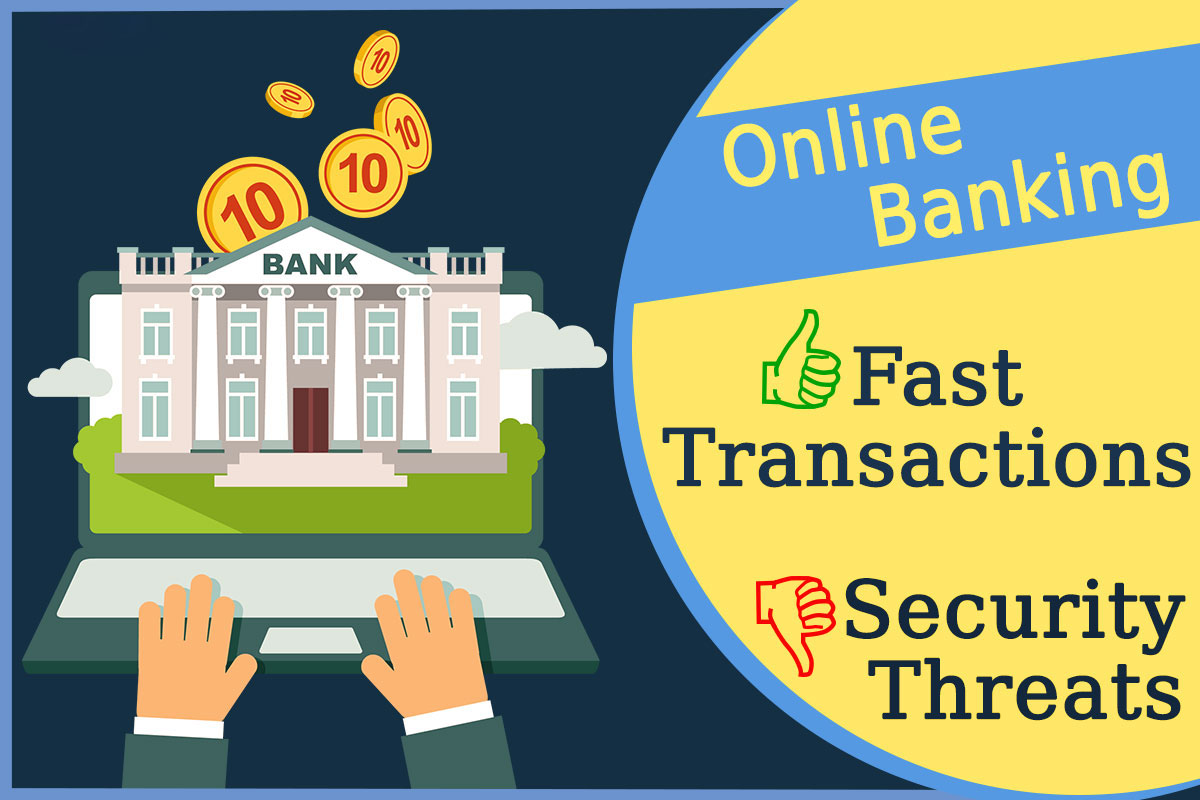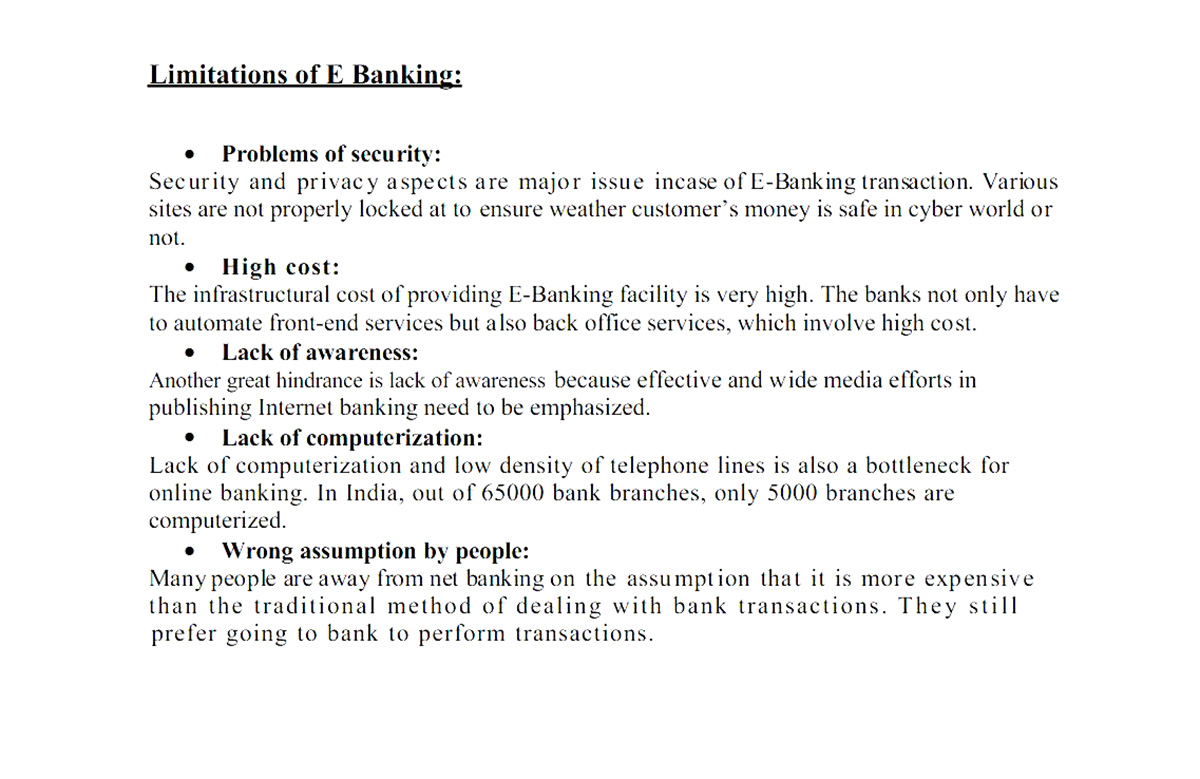

Finance
Online Shoplifting Definition
Published: January 3, 2024
Learn the meaning of online shoplifting in finance and how it can impact your financial security. Explore our comprehensive guide on this growing cybercrime.
(Many of the links in this article redirect to a specific reviewed product. Your purchase of these products through affiliate links helps to generate commission for LiveWell, at no extra cost. Learn more)
Exploring the World of Finance: Understanding Online Shoplifting
Welcome to our finance blog, where we uncover a wide range of topics to help you navigate the complex world of personal finance and make informed decisions. In today’s article, we delve into the world of online shoplifting, shedding light on what it is and how it can potentially impact you. So, let’s jump right in!
What is Online Shoplifting?
Online shoplifting, also known as digital shoplifting or cyber shoplifting, refers to the act of intentionally acquiring goods or services from online retailers without paying for them. It involves various fraudulent tactics, such as exploiting loopholes in e-commerce platforms, utilizing stolen credit card details, or manipulating transaction processes.
As online retail continues to thrive, digital shoplifting has become a pressing issue affecting both businesses and consumers alike. Understanding the concept and its implications is crucial to protect yourself and prevent falling victim to online scammers.
Key Takeaways:
- Online shoplifting involves acquiring goods or services from online retailers without paying for them.
- It often involves fraudulent tactics such as exploiting loopholes, using stolen credit card details or manipulating transactions.
How Does Online Shoplifting Impact You?
Financial Consequences:
Online shoplifting can have severe financial consequences for both individuals and businesses:
- Individuals: If you unsuspectingly fall victim to online shoplifting, you may face unauthorized charges on your credit card or financial accounts. This can lead to financial losses and potential identity theft.
- Businesses: Online shoplifting can greatly impact e-commerce businesses. Losses due to stolen merchandise, chargebacks, and increased security measures can harm their profitability and disrupt operations.
Legal Implications:
Engaging in online shoplifting is not only ethically wrong but also illegal. If caught, individuals can face criminal charges, fines, and even imprisonment. It’s important to remember that online actions carry consequences, and it’s never worth the risk.
How to Protect Yourself from Online Shoplifting:
To safeguard yourself from falling victim to online shoplifting, here are some essential steps you can take:
- Shop from reliable and secure websites: Stick to trusted e-commerce platforms and retailers with well-established reputations.
- Use strong and unique passwords: Ensure your online accounts have robust passwords that are not easily guessable or reused across multiple platforms.
- Verify the retailer’s legitimacy: Look for secure payment methods, customer reviews, and contact information to confirm the authenticity of a website.
- Monitor your accounts: Regularly review your bank and credit card statements for any unauthorized transactions or suspicious activities.
- Be cautious of phishing attempts: Be wary of suspicious emails, texts, or pop-ups requesting your personal information.
By adopting these preventive measures, you can significantly reduce the risks associated with online shoplifting and protect yourself from online scams.
Conclusion
Understanding the concept of online shoplifting is essential to protect yourself and make secure financial decisions in the digital age. By staying vigilant, practicing online safety, and being aware of potential risks, you can navigate the online marketplace with confidence. Stay tuned for more informative articles on finance, where we aim to bring you valuable insights and help you achieve your financial goals!














